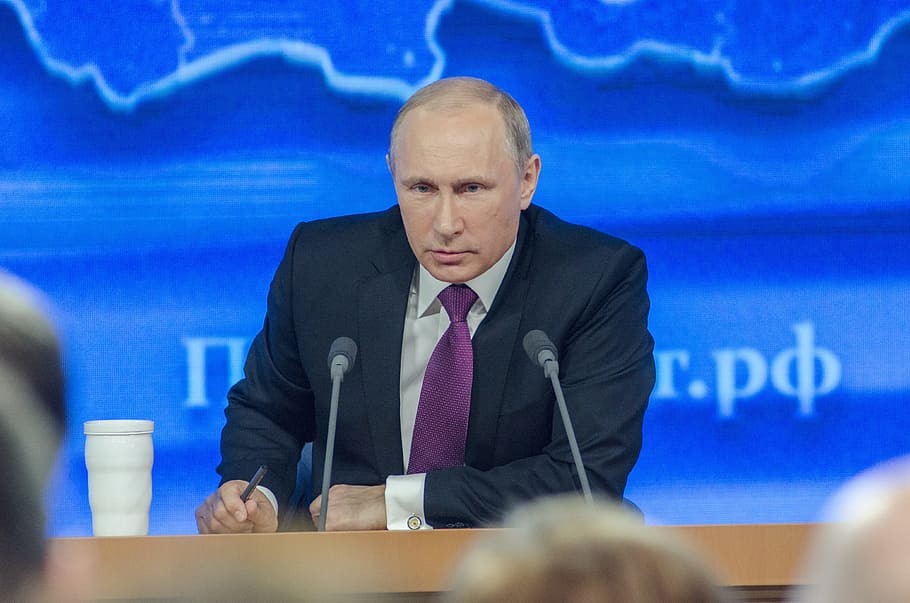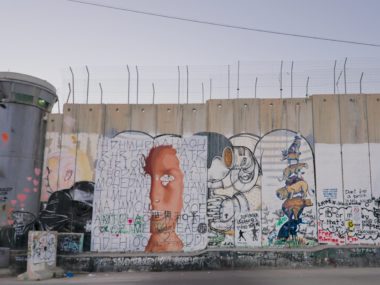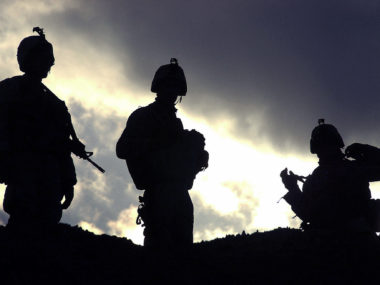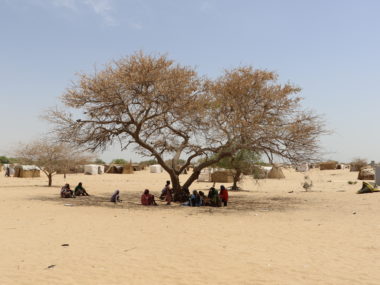It’s that time of year again—when Political Violence @ A Glance publishes a list of the year’s best books, especially those that draw attention to the ways in which research on political violence and its alternatives relates to contemporary policy problems. Here are our contributors’ and editors’ top reads from 2020. What are yours?
Barbara Walter
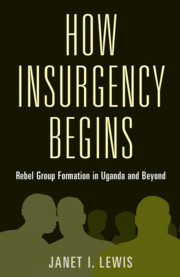
How Insurgency Begins: Rebel Group Formation in Uganda and Beyond, by Janet Lewis. This is the book we have all been waiting for. Lewis’ extraordinary research reveals the origins of rebel groups long before they emerge as viable, visible forces. Using data from Uganda, Lewis analyzes where and when even the smallest groups form, why only a few of them survive, and how local intelligence determines whether they grow or perish. This is one of the few books that reveals exactly how civil wars emerge.
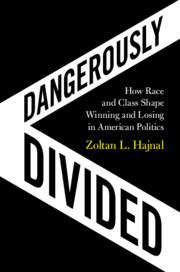
Dangerously Divided: How Race and Class Shape Winning and Losing in American Politics, by Zoltan L. Hajnal. Cambridge 2020. I have spent the last year applying what scholars know about the outbreak of civil wars to the case of the United States today. One of the things we know is that civil wars are more likely to break out in countries whose populations have factionalized along ethnic or religious lines. This book reveals quite clearly how this has happened in the United States and why race, not class, is the great dividing line in the US.
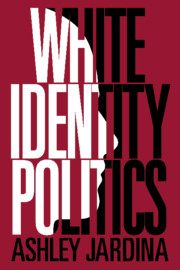
White Identity Politics, by Ashley Jardina. What I loved about this book was how well it explained why whites are only now beginning to see and feel their white identity. When someone is part of the dominant culture and race, they aren’t even aware of their distinct identity; they just think it’s the norm. Jardina also included a great quote: “When you’re accustomed to privilege, equality feels like oppression.” (unknown author)

Caste: The Origins of Our Discontents, by Isabel Wilkerson. Random House 2020. Wilkerson won the Pulitzer Prize for this book and she deserved it. Wilkerson takes a step back and shows the reader how America is no different from other caste systems around the world including India, and how our own oppressive system based on race was used as a model by Nazi Germany.
Erica Chenoweth
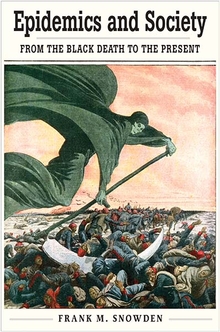
Epidemics and Society: From the Black Death to the Present by Frank Snowden. The book came out in 2019, but it is a must-read for understanding how societies have shaped and been shaped by epidemics and pandemics throughout recorded history. One of the key insights that emerges is the way in which enforcement of quarantines and other public health measures during pre-Westphalian times gave rise to the coercive capacity of the state. From Venetian aristocrats during the Black Death to mandatory lockdowns during Ebola outbreaks, Snowden lays out the ways in which some groups within society almost always resist public health measures, like quarantine and social distancing, tying their resistance into broader anti-establishment claims. This is helpful context for understanding today’s seemingly nonrational protests against mask mandates, CDC protocols, and vaccines, which are not necessarily a novelty of our disinformation age but instead are fairly commonplace patterns across history. Another key insight from the book is the way in which disease has played a decisive role in the destruction of peoples, the ending of wars, and the making (or re-making) of states. The introduction of diseases by Spanish colonists hastened the genocides of Native Americans during the conquests of the Americas in the 15th and 16th centuries, demonstrating the horrific combination of weaponized pathogens alongside racist ideologies and imperial ambitions. It is perhaps less widely known that in the Haitian Revolution, during which enslaved people liberated themselves, yellow fever hastened the decimation of the French colonial army. Napoleon’s Grand Armée later saw defeat in Russia on account dysentery and typhus. In 2020, much has been made of the impacts of WWI on the global spread of the Spanish Influenza of 1918 and 1919. In sum, reading Snowden reminds us that war, violence, resistance, and epidemics are often deeply intertwined with one another. If you’re pressed for time and can’t make your way through a full book on the topic, Elizabeth Kolbert has an excellent essay touching on these themes at The New Yorker.
Navin Bapat
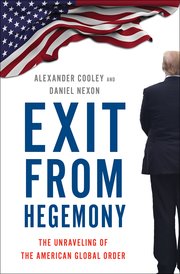
Exit from Hegemony: the Unraveling of the American Global Order, by Alexander Cooley and Daniel Nexon. Oxford University Press, 2020. This is a very ambitious and exceptionally interesting examination of great power decline generally and where the US is relative to its competitors. More importantly, it takes seriously the idea that illiberal right-wing and counter order political movements may contribute to this process.
Michael Barnett
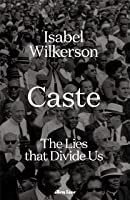
Caste is a necessary book for the moment. Wilkerson’s wager is that the concept of caste will help illuminate dynamics of American society that are otherwise blurred or overlooked by the more familiar concept of race. I am not sure that she won that wager, but that does not matter because she has accomplished something much more important: she has used a concept sharpened in another context to expose the myths white Americans tell themselves about the United States. It is the power of comparison between the United States and other rigidly divided societies that inverts the American narrative of progress. It is recognizing that parts of the world have drawn from the ugliness of the American experience to regulate and oppress their minorities. For Wilkerson, the United States is not a shining light on a hill but rather a pulsing, blazing red hazard. She will not tell experts anything that they do not know, but they will nevertheless get much from the reading experience. And those who think that they already know much will find how much more there is to know. Eloquent with stories that illuminate and bring the reader in, this is a book that sits with the reader for quite a while.
Dawn Brancati
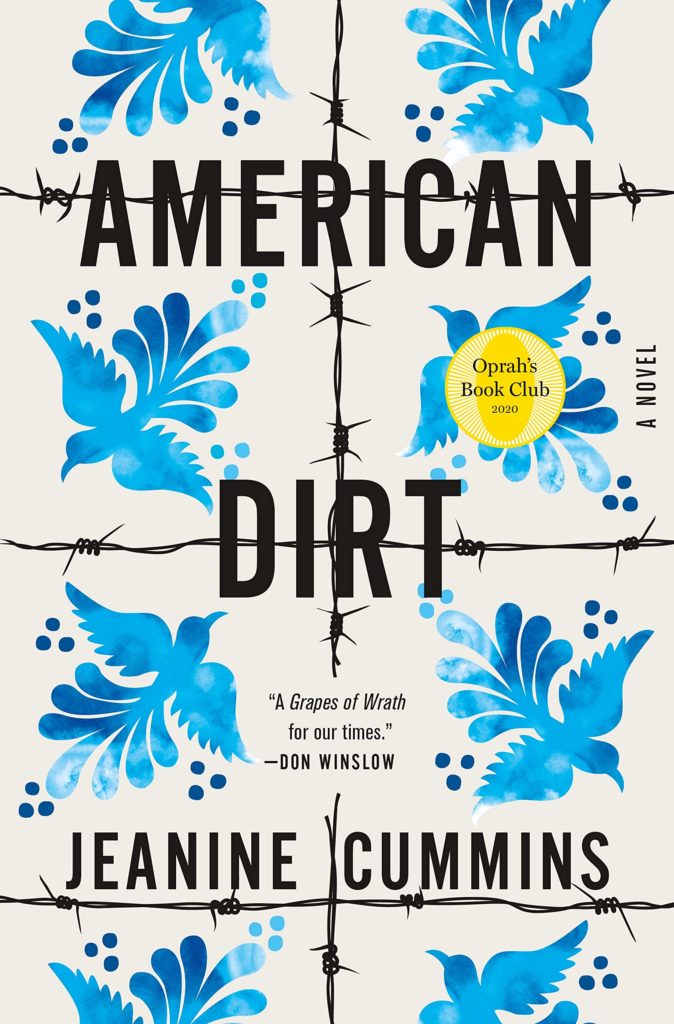
American Dirt by Jeanine Cummins. Flatiron Books, 2020. It meaningfully relates the psychological trauma and physical hardships of those exposed to drug cartel violence in Mexico and the dangerous attempts of migrants to escape this violence within Mexico and to the US.
Allard Duursma
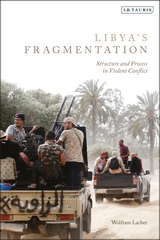
Libya’s Fragmentation: Structure and Process in Violent Conflict by Wolfram Lacher. The book shows how political fragmentation has made the re-establishment of central authority in Libya virtually impossible. Instead of focusing on the master cleavage of war in Libya, Lacher focuses on how social ties and local actors have shaped the country’s trajectory since the fall of the Gaddafi regime in 2011. The book is very well-researched, drawing on more than 400 interviews. Its focus on the interplay between armed groups and the social groupings from which they emerge is highly relevant for both academics and policymakers concerned with local conflicts. Understanding these dynamics is crucial for any type of conflict resolution effort in highly fragmented conflicts.
Peter Krause
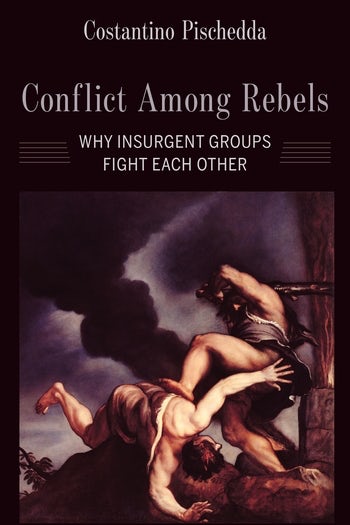
Conflict Among Rebels: Why Insurgent Groups Fight Each Other, by Costantino Pischedda.
Pischedda’s book is one of the very best at analyzing the causes of rebel infighting and fragmentation. He offers a powerful theory about how windows of opportunity and windows of vulnerability drive fratricidal violence, and he digs into micro-level shifts in power among rebel groups over time to test his claims about insurgent behavior and outcomes. This book has broad applications beyond its in-depth examinations of insurgent dynamics in Ethiopia, Iraq, Lebanon, Sri Lanka, and Syria.
Aila Matanock
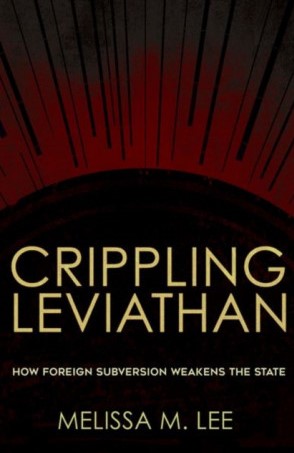
Crippling Leviathan, by Melissa M. Lee
This book incorporates power politics between states into how we think about “ungoverned spaces.” The argument is that foreign subversion, where rival states undermine state authority, can bring about areas of statelessness. Creating ungoverned spaces is a tool of statecraft that has been used in many cases. The book implies that policymakers should consider whether a rival needs incentives not to meddle, for example, and that this may be just as important to statebuilding as assisting the target itself.
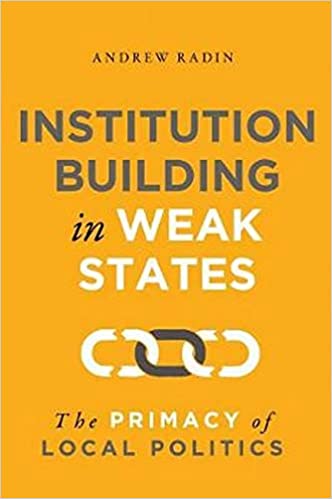
Institution Building in Weak States: The Primacy of Local Politics, by Andrew Radin.
This book takes seriously the objections of political opponents within states to statebuilding efforts. The argument is that the incentives of local political factions can block reforms that look Pareto-improving on the surface. Accommodating, and perhaps gradually changing, local political interests has been a key element of successful missions. The book implies that policymakers should consider using incremental change as potentially the only effective path forward in states with weak institutions.
Brian Phillips
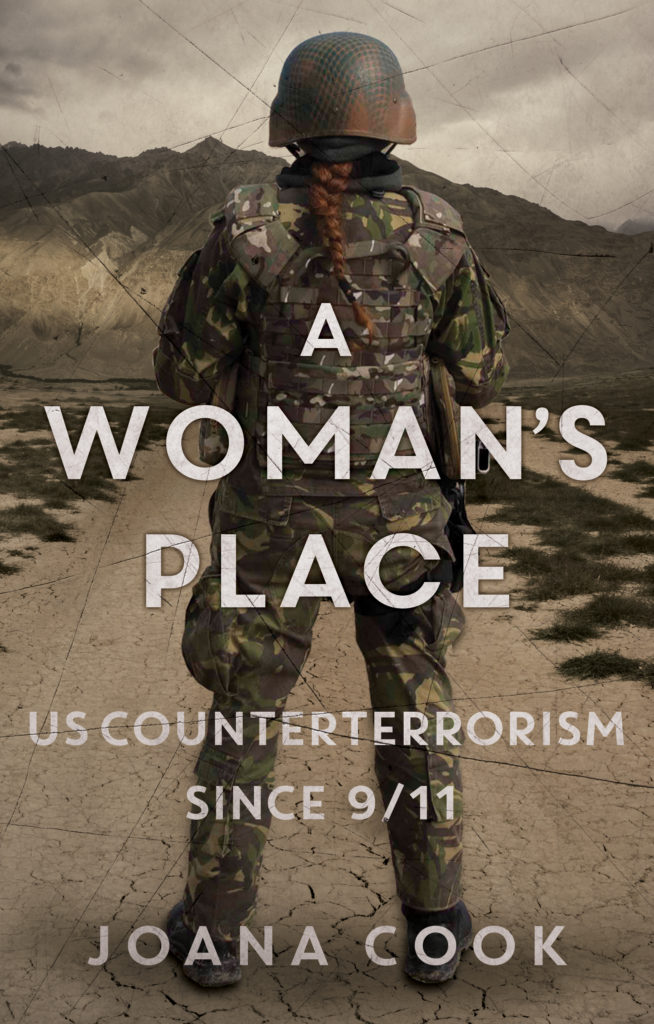
Joana Cook, A Woman’s Place: US Counterterrorism Since 9/11.
Cook provides a fascinating and in-depth analysis of the roles of women in US counterterrorism in recent decades, across agencies and across presidential administrations. The book explains important changes that have occurred—and highlights critical issues that need further attention.
Thomas C. Zeitzoff
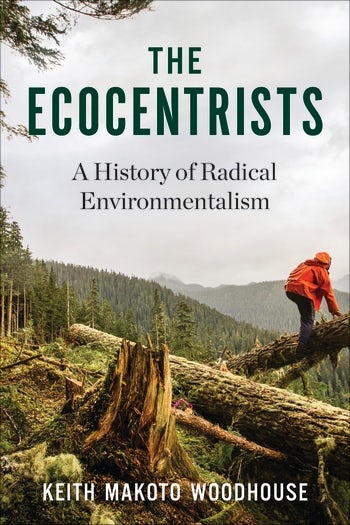
Keith Makato Woodhouse, The Ecocentrists: A History of Radical Environmentalism.
A fascinating book that includes several surprising insights including: 1) conservatives and Republicans were initially quite receptive to the environmental movement, and 2) the Sierra Club was a hotbed of anti-immigration sentiment.
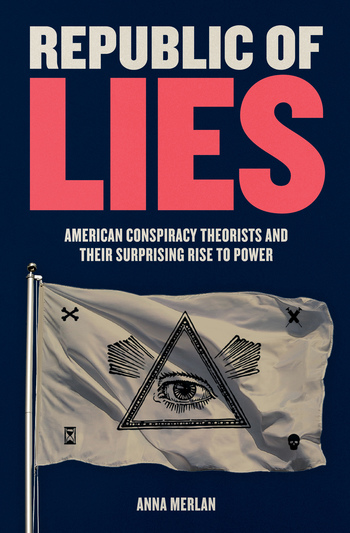
Anna Merlan, Republic of Lies: American Conspiracy Theorists and Their Surprising Rise to Power.
Imminently readable, and perfectly captures American politics and conspiracy in the age of Trump and COVID-19.


